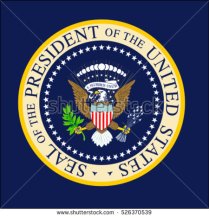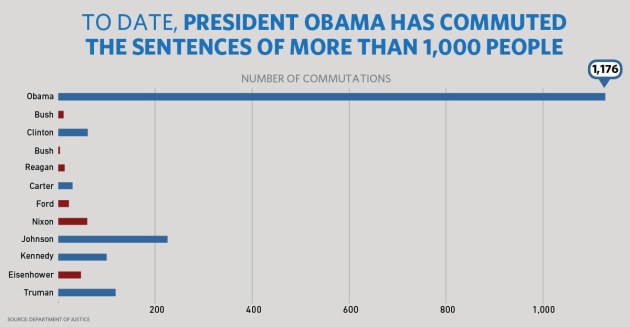Official Presidential Documents: Selected Sources
January 31, 2018 Leave a comment

The first State of the Union address by President Donald J. Trump is already available online and will be available from other sources in the coming days. For our current president, there are a wealth of resources that give you access to his activities, speeches, political remarks, etc. in blogs, Internet posts, newspaper and magazine articles, etc. Listed below are some of the Presidential resources that give you access to official Presidential documents of the United States government.
- The official powers of the President of the United States are set forth in Article 1, Section 2 of the U.S. Constitution, and more “mundane” things such as compensation, traveling expenses, “assistance to the President for unanticipated needs,” “furniture for the Executive Residence at the White House,” etc. are delineated in title 3 of the United States Code.
- The official website of the White House contains information on the activities of the President and the First Lady, issues and legislation important to the President, and information about the White House itself.
- The National Archives is the guardian of all official Presidential Records. With the administration of Presidential Ronald Reagan, all presidential papers automatically become government property, and the National Archives receives everything from the White House on the last day of an administration. (Before Reagan, the President’s papers were a “deed of gift” because the President had discretion to turn them over to the government, or not.) Included at the Archives website are links to all presidential libraries.
- The Federal Depository Library Program has produced the following LibGuide: Presidential Documents: Overview, which covers presidential documents, presidential libraries and museums, and presidential history.
- Hein Online has a U.S. Presidential Library with compilations of presidential messages, speeches, papers, etc.
- The Presidential Documents section of the Federal Register contains executive orders and proclamations of the President, which are codified once a year and published in Title 3 of the Code of Federal Regulations.
- Daily Compilation of Presidential Documents (2009 to 2018) and Weekly Compilation of Presidential Documents (1965 to 2009) are available in Hein Online, which also contain Presidential proclamations and executive orders.
- The BLS Library contains the various collections of the Public Papers of the Presidents of the United States. These volumes can be located in the SARA online catalog by searching the name of the President you are interested in. For example, the record for the collection of the papers of President Barack Obama can be found here.
